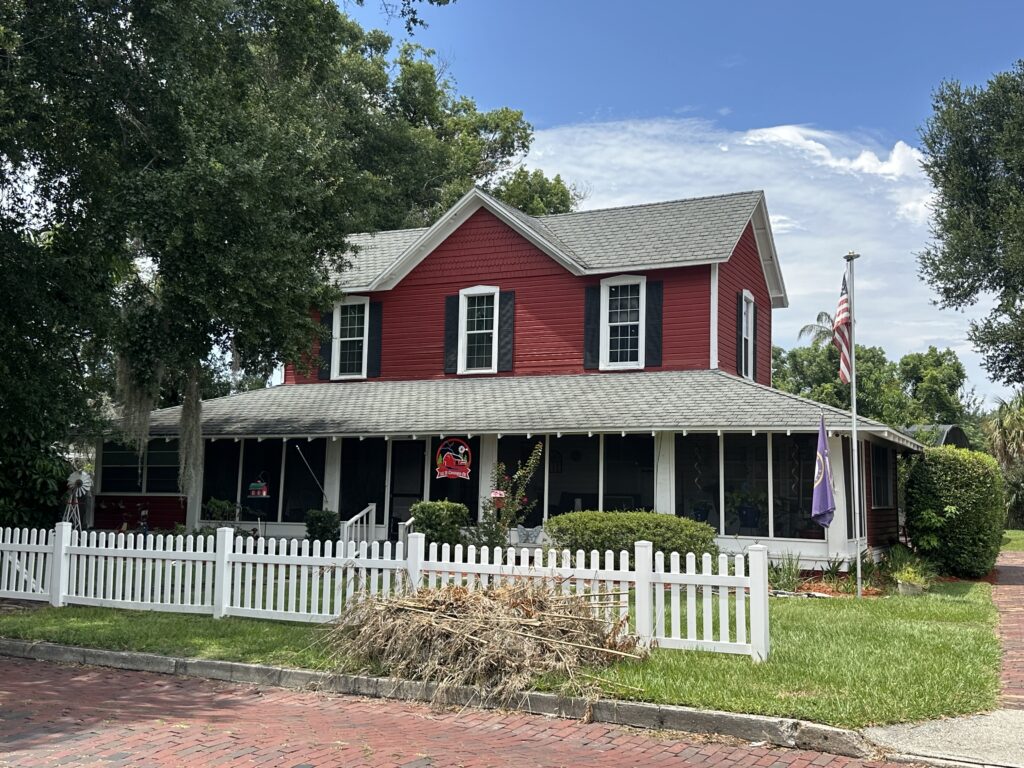
Teresa Sargeant
Key Points
Qualification is max of $30K per property over 10-year period
The Apopka Community Redevelopment Agency (CRA) Board has approved the framework of its façade grant repair program, which aims to help homeowners struggling to afford necessary home repairs upgrade their properties exterior.
The city plans to launch the program Aug. 1, aiming to address code compliance issues and eventually raise property values in the CRA district.
Eligibility for the façade grant repair program are owner-occupied single-family homes, duplexes and townhomes within the CRA boundaries, with a maximum of $30,000 per property over a 10-year period.
Before the program launches, interim city administrator Radley Williams and city attorney Cliff Shepard will finalize changes on the program.
The CRA is unrolling its façade grant repair program to push forward on its CRA projects.
“You had asked us to prepare when we were under the sort of crisis edict from the Legislature, among other things, a façade grant program that could be used to help us spend some money before we might be forced not to be able to spend it again,” Shepard said to the board. “Obviously, the crisis abated, which took some of the time pressure off of this assignment.”
The façade grant repair program was a response to the Florida Legislature’s consideration to alter and possibly even abolish CRAs throughout the state.
Though tension mounted between House and Senate over their respective bills, House Bill 991 and Senate Bill 1242, both measures failed this past legislative session. Had they been enacted into law, they would have reined in CRA powers after Oct. 1 and possibly phase out CRAs completely by 2045.
On April 23, the Apopka CRA Board adopted its estimated $1.9 million reallocated budget, prioritizing projects that must start by Oct. 1 in case the state legislation took effect.
Under the façade grant repair program, properties in foreclosure or with significant unpaid property taxes will not qualify for the program. Homeowners must provide proof of residency and use licensed contractors for improvements.
At its July 16 meeting, the CRA Board discussed various qualifications and rules for participating in the façade renovation program.
The CRA will pay contractors directly rather than reimbursing homeowners, with the CRA managing progress payments and getting the necessary documentation, Shepard said.
The program will allow homeowners to select their own contractors though they must be properly licensed – or select from city-approved contractors through a request for qualification process.
Any properties awarded grants will receive a deed restriction or lien to ensure funds aren’t immediately lost if the property is sold shortly after improvements are made.
CRA member John Drago raised concerns that historical buildings might get razed because of online permit processes and said there must be a way to protect such structures.
While researching this topic and speaking with a building department official, Drago said he used as an example, 21 E. Orange St., known as the Mitchell-Tibbetts House, which is on the U.S. National Register of Historic Places.
Drago gave the building official a list of registered buildings to protect the historical structures.
“The building department has no idea what’s on the register relative to the CRA, and if somebody submitted an application, they could demolish that house,” Drago said. “That’s not what the intent of the National Register is for.”
The CRA district has 633 acres with mix of residences, businesses and historic properties in downtown Apopka.
In 1969, the state Legislature created CRAs to assist local governments restore areas that become blighted. To fund improvements, CRAs use revenue from property tax increases.
The CRA Board is comprised of all Apopka City Council members as well as two other appointed members. The next board meeting is scheduled for 6 p.m. on Aug. 20 at Apopka City Hall.
Suggested Articles
No related articles found.



